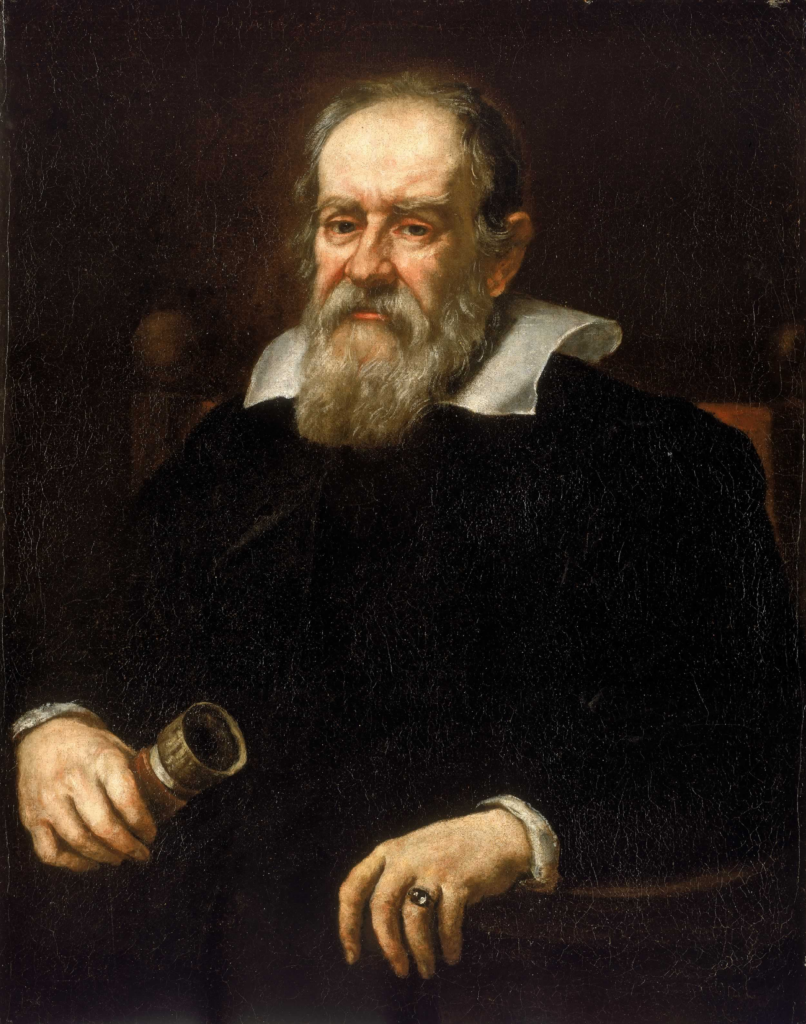Adverts
Immersed in a journey through history, we learn in classrooms about the achievements and failures of great personalities who shaped the world as we know it.
However, formal education often omits fascinating details and surprising secrets that would certainly add even more intriguing layers to these remarkable figures.
Adverts
In this context, the proposal arises to uncover hidden and unknown stories of prominent figures in history.
We will embark on an intriguing expedition, visiting different historical periods, cultures and personalities.
Adverts
With an in-depth and detailed approach, we will explore the nuances and lesser-known aspects of the lives of people who, in one way or another, left their mark on history. We will be revisiting history, but from a different perspective than that taught in school.
The purpose is to shed light on aspects of the lives of such personalities that often go unnoticed, but which are fundamental to understanding their complexity.
This journey offers a new way of understanding the figures who shaped our past and, by extension, our present.
So, get ready to discover surprising secrets about great historical figures that were not taught in the classroom!
The True Face of Albert Einstein

Although Albert Einstein is known worldwide for his contributions to physics, there are aspects of his personal life and thoughts that are less well-known and even surprising. First and foremost, Einstein was a passionate violinist. He even stated that if he had not become a physicist, he would have become a musician.
Furthermore, Einstein did not believe in a personal God. He was an advocate of pantheism, the belief that God and the universe are one.
Although he deeply respected religion, he believed that the search for scientific truth was a form of spirituality.
The Secret Life of Charles Darwin

The man behind the theory of evolution of species, Charles Darwin, also has secrets that are not taught in the classroom. He suffered for most of his life with an unknown disease that caused stomach pains, palpitations and tremors.
Another surprising fact is that Darwin married his first cousin, Emma Wedgwood. Despite being from the same family, they had ten children, seven of whom survived to adulthood.
The Hidden Deeds of Galileo Galilei

Galileo Galilei is often associated with defending heliocentrism, the idea that the Earth revolves around the Sun. However, he also made other notable discoveries.
He was one of the first to observe Saturn's rings and Jupiter's moons.
Furthermore, Galileo was not only an astronomer, but also a physicist and mathematician.
He played a crucial role in the scientific revolution and contributed significantly to the development of the scientific method.
- Galileo was one of the first to observe Saturn's rings and Jupiter's moons.
- He played a crucial role in the scientific revolution.
I hope these discoveries about the lives of Albert Einstein, Charles Darwin, and Galileo Galilei can provide new insights into these historical figures and illustrate that, beyond their academic achievements, they were also human beings with interesting and complex lives.
Conclusion
In short, the lives and achievements of great historical figures such as Albert Einstein, Charles Darwin and Galileo Galilei offer a fascinating tapestry of surprising secrets that go far beyond what is commonly taught in classrooms.
Their complex and interesting lives, marked by unusual passions, personal beliefs, personal challenges, and far-reaching scientific contributions, powerfully illustrate the depth and richness of their human experiences.
Whether it's Einstein, the passionate violinist and champion of pantheism, Darwin, who suffered from an unknown illness and married his cousin, or Galileo, the pioneer in observing Saturn's rings and Jupiter's moons, each of these men offers a unique and inspiring perspective on life, science, and the relentless pursuit of truth.
Certainly, their lives and achievements constitute an eloquent testimony to the inexhaustible human capacity to question, discover and innovate.




